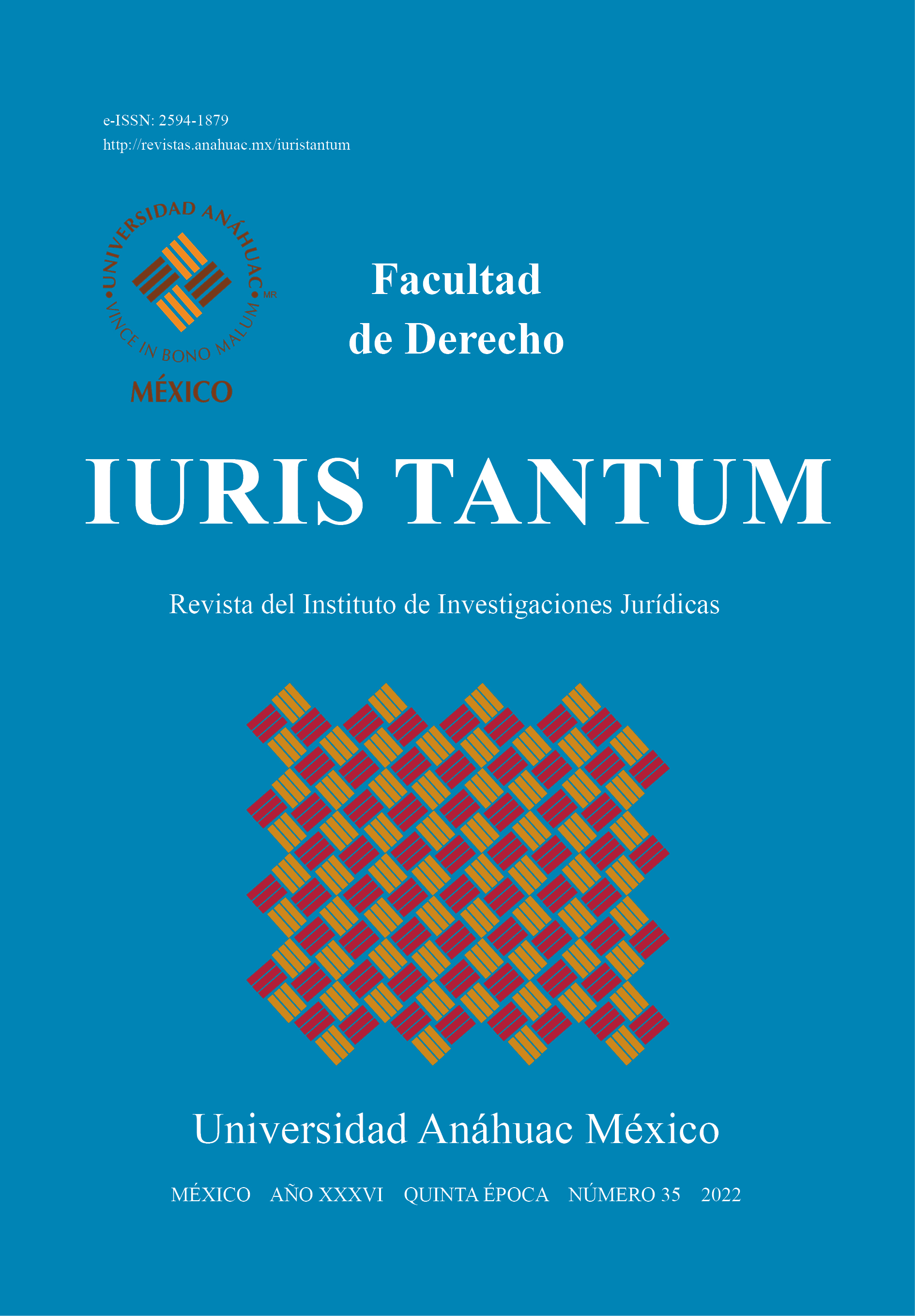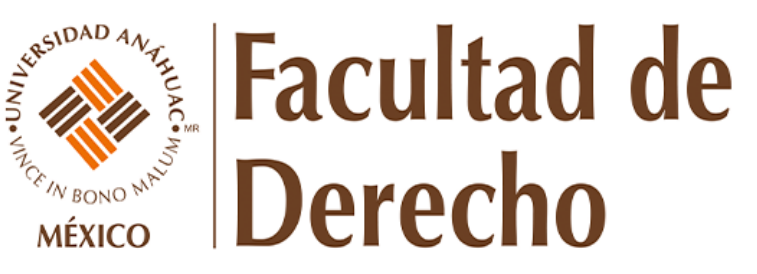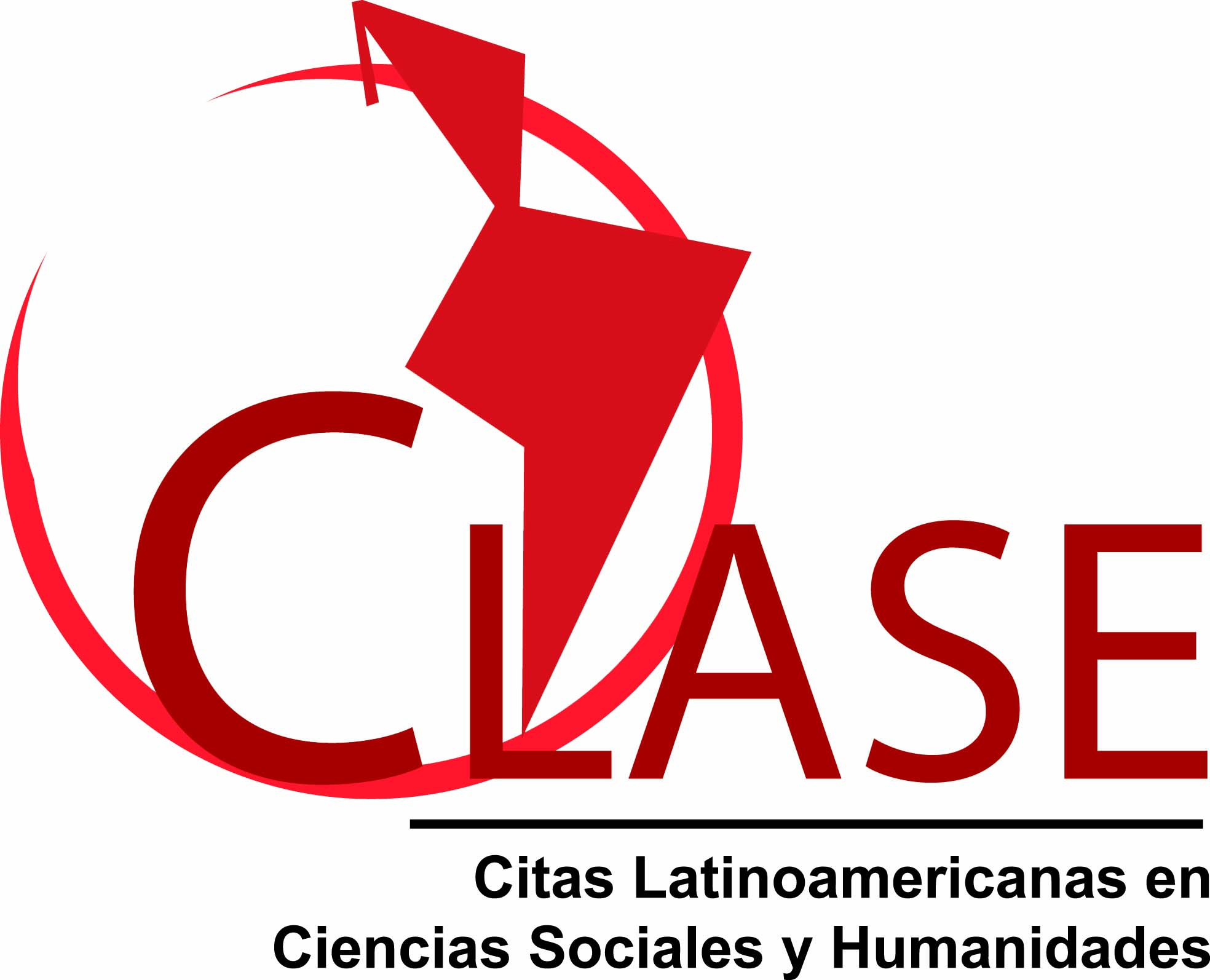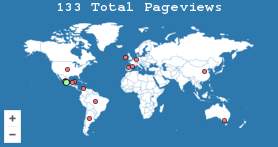Subsunción económico-cultural mexicana, el caso de la migración
DOI:
https://doi.org/10.36105/iut.2022n35.02Palabras clave:
migración, subsunción, diversidad cultural, neoliberalismoResumen
La cuestión migratoria en el contexto del neoliberalismo ha adquirido una importancia significativa en virtud de la magnitud e intensificación de este fenómeno, y de la diversidad de circunstancias que en la actual coyuntura están determinado la expulsión y remoción poblacional. Si bien las etiologías de orden económico no dejan de guardar gran importancia en los movimientos de orden demográfico, existen otra variedad de condiciones que son recurrentes a dichos procesos, los cuales van desde el orden natural, en donde el cambio climático, entre otros problemas de orden antropogénico, están determinado el advenimiento de catástrofes a nivel mundial. O en su caso, aquellas circunstancias que se cifran por los desencadenamientos geológicos, como así aconteció recientemente con el volcán la Palma en las islas Canarias. Pero de igual manera, problemas de índole religioso o político, que incluso han derivado en guerras, como así ubicamos, los casos de Siria y el conflicto Rusia-Ucrania, entre otros.
Descargas
Referencias
Afp, Europa Press, Sputnik, “Ya huyeron 500 mil de la zona de conflicto, reporta ACNUR”, México, La Jornada, 1 de marzo de 2022. https://www.jornada.com.mx/notas/2022/03/01/politica/ya-huyeron-500-mil-de-la-zona-de-conflicto-reporta-acnur/
AGAMBEN, Giorgio, Homo Sacer, España, Pre-Textos, 2003.
ARENDT, Hannah, Los orígenes del totalitarismo, Madrid, Alianza, 2006.
ARUJ, Roberto S., “Causas, consecuencias, efectos e impacto de las migraciones en Latinoamérica”, Papeles de población, vol. 14, núm. 55, enero-marzo, 2008.
BAUMAN, Zygmunt, Extraños llamando a la puerta, España, Paidós, 2016.
BBVA Research, México crecieron las remesas pese a la crisis mundial por la pandemia. https://www.bbvaresearch.com/publicaciones/mexico-en-2020-crecieron-las-remesas-114-pese-a-la-crisis-mundial-por-la-pandemia/
BÉJAR, Raúl, El mexicano. Aspectos culturales y psicosociales, México, UNAM, Coordinación de Humanidades, 2007.
BENJAMIN, Walter, “Paralipomènes et variantes Sur le concept de l´histoire”, Écrits francais, Paris, Gallimard, 2003.
BERIAIN, Josetxo, AGUILUZ, Maya (eds.), Las Contradicciones culturales de la modernidad, España, Anthropos, 2007.
BORJAS, George J, FREEMAN, Richard, KATZ, Lawrence F. “Searching for the Effect of Immigration on the Labor Market”, The American Economic Review, vol. 86, núm. 2, 1997.
BROWN, Olin, “Migración y Cambio Climático”, Serie de Estudios de la OIM sobre Migración, núm. 31, Ginebra, Suiza, OIMN, 2008.
BUSTAMANTE, Jorge, Migración internacional México-Estados Unidos: notas para un marco teórico metodológico, Baja California, El Colegio de la Frontera Norte, 1994.
CHRISTENSEN, Lisa, et al., Undocumented Immigrants’ State & Local Tax Contributions, The Institute on Taxation and Economic Policy, Washington, 2017.
CONACYT, Cómo Transformar a México con innovación, 2017.
DURAND, Carlos, “La hegemonía occidental, los derechos humanos en el campo mexicano y los procesos migratorios”, Lex Social, vol. 6, núm. 1, España, Universidad de Valencia, 2018.
DURAND, Jorge, Historia mínima de la migración México-Estados Unidos, México, El Colegio de México, 2016.
ESPADA, Martín, Rebellion is the Circle of a Lover´s, EUA, Curbstone Press, 1990.
FOUCAULT, Michel, La voluntad de saber, México, Siglo XXI, México, 2010.
FRANCINE, J. Lipman, “The Illegal Tax”, Connecticut Public Interest Law Journal, vol. 11, núm. 1, 2008.
GADAMER, Hans-Georg, Un Diálogo filosófico con Ricardo Dotti, España, 2010.
GARCÍA, Néstor, Culturas híbridas: estrategias para entrar y salir de la modernidad, Grijalbo, 1990.
GARCÍA, Silvio, “México encabeza fuga de cerebros en Latinoamérica”, El Financiero, 27 de diciembre de 2018.
GARCÍA, Rodolfo, GASPAR, Selene, “Contribuciones económicas de los migrantes mexicanos en Estados Unidos y en México. Evidencias a favor de una agenda nacional de colaboración”, Revista de Economía Mexicana, núm. 5, 2020.
GRIFFIN, Roger, Modernismo y Fascismo. La sensación de comienzo bajo Mussolini y Hitler, España, Akal, 2010.
HERNÁNDEZ, Alberto, “La frontera México-Estados Unidos, Asimetrías y Transgresiones”, Nueva Sociedad, núm. 289, septiembre-octubre, 2020. https://nuso.org/revista/289/fronteras-latinoamericanas-mas-alla-de-los-limites/
INEGI, Temas, demografía y sociedad, Migración. https://www.inegi.org.mx/temas/migracion/
LEVY, Jacques E., Cesar Chavez: autobiography of La Causa, New York, 1975, p. 546.
MARTÍNEZ, Sanjuana, Sí se puede: el movimiento de los hispanos que cambiará a Estados Unidos, México, Grijalbo, 2006.
PERCEVAL, José M., El Racismo y la Xenofobia, Madrid, España, Cátedra, 2003.
PORTES, Alejandro, RUMBAUT, Rubén, Legados. La historia de la segunda generación inmigrante, México, Miguel Ángel Porrúa, 2011.
RIVERA, Crisalejandra, “Efecto de la pandemia en los estudiantes de posgrado de México”, México, Conacyt. https://centrosconacyt.mx/noticia/efecto-de-la-pandemia-en-los-estudiantes-de-posgrado-de-mexico/
SCHMITT, Carl, Teología Política, España, Trotta, 1992.
STAVANS, Ilan, CHÁVEZ, César, An Organizer´s Tale: Speeches, EUA, Penguin Books, 2008.
ŽIŽEK, Slavoj, En defensa de la intolerancia, España, Sequitur, 2016.

Publicado
Número
Sección
Licencia

Esta obra está bajo una licencia internacional Creative Commons Atribución-NoComercial-CompartirIgual 4.0.
Iuris Tantum se distribuye bajo una licencia internacional Licencia Creative Commons Atribución-NoComercial-CompartirIgual 4.0 Internacional.
El autor conserva los derechos patrimoniales sin restricciones y garantiza a la revista el derecho de ser la primera publicación del trabajo. El autor es libre de publicar en cualquier otro medio su artículo, como un repositorio institucional.



























